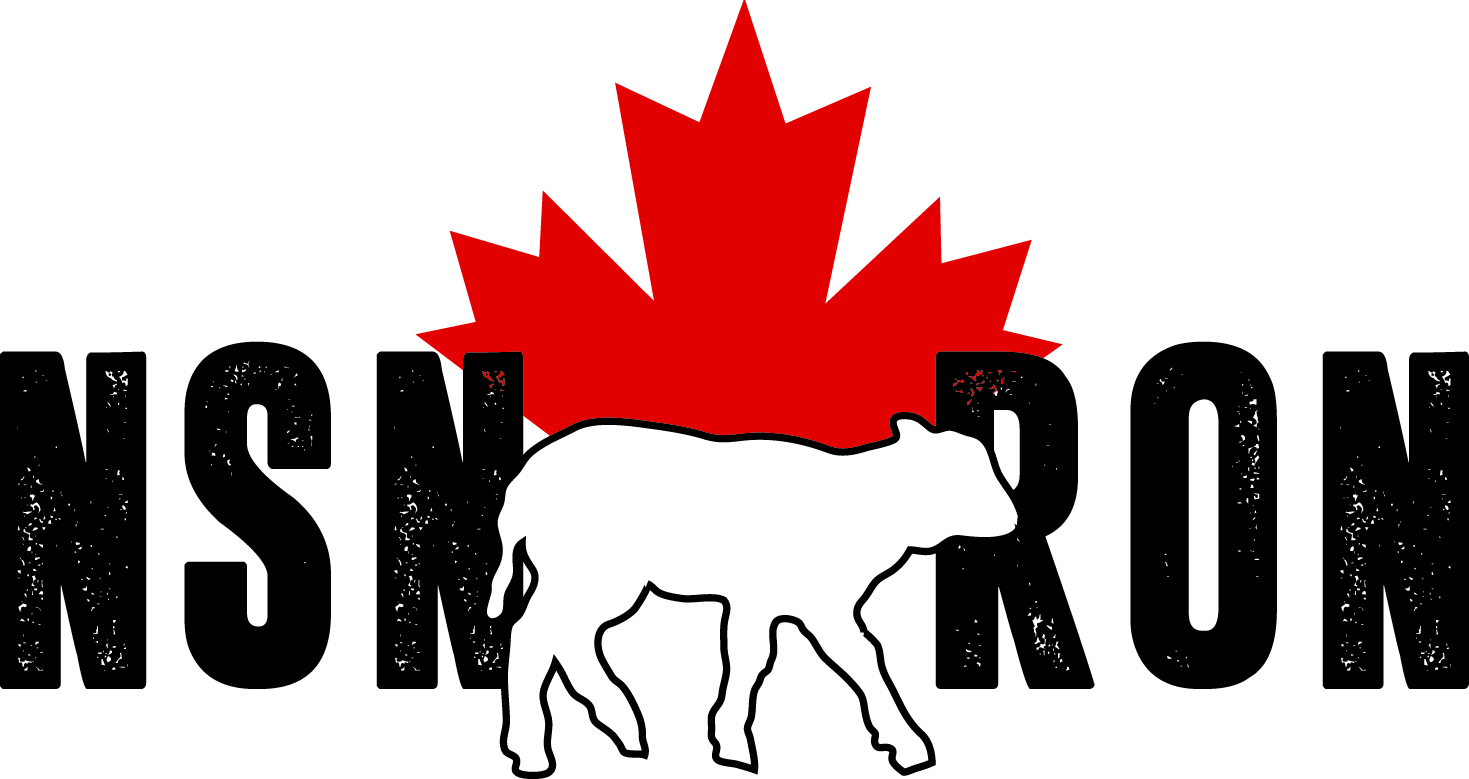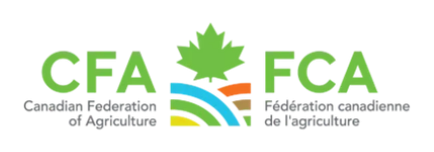
The National Sheep Network is currently comprised of the Alberta Lamb Producers, the Ontario Sheep Farmers and Les Eleveurs d'ovins du Quebec. Together, the three provinces represent 75 percent of Canada's ewe flock and have joined together to leverage resources and producer leadership on issues of mutual interest.
Membership to the National Sheep Network is open to any provincial sheep organization that is interested in working collaboratively to ensure the Canadian sheep industry is profitable and sustainable.
Producers have indicated that they would like a better understanding the work the NSN is doing for the industry. The NSN has recently created a new section on their website called NSN Meeting Summaries, where starting April, 2022, meeting summaries from all NSN board meetings will be shared for producers to review.
About the NSN
Who
- LEOQ, OSF, ALP.
- Open to any other provincial sheep organization that wants to be part of the discussions.
What
- National collaboration of interested provincial sheep organizations.
Where
- Executive from the member provinces meet monthly via zoom calls.
When
- The NSN came together in November 2016 and formalized the collaboration with an MOU in fall in 2018.
Why
- Governed by a Memorandum of Understanding the NSN collaboration is an engagement between staff and elected leaders from the participating organizations utilizing existing resources. The intention of the collaboration is to:
- Share information between the provincial organizations,
How
- The NSN has no budget. Staff from each organization work together to carry the workload. Expenses are shared by those that benefit from the investment, allowing members to prioritize their spending.
Additional Background Context:
It is important to recognize that the NSN has reached out to the CSF to work together on specific issues, for example:
- The Animal Health Canada working group – to discuss sharing costs of participating and representation. CSF said no,
- Code of Practice Review – CSF said no, and
- Pregnancy ultrasounding.
The goal was to find an issue that we could work together on as a first step of building bridges.
- CSF has indicated that they will not speak to the NSN unless dues are paid, without giving an indication of what the dues would be, or what the return on investment for NSN would be, and
- ROI is important, as it was part of the reason why NSN left i.e., questions were not be answered around how project funding for the Verified Sheep Program was being allocated. Producers were expressing concern about the CSF’s lack of response on the Scrapie Flock Eradication Program.
- It’s important to recognize that the NSN has, on several occasions, reached out to the CSF to work together on specific issues (e.g., Code of Practice Review, Animal Health Canada Working Group, a new Sheep Value Chain Roundtable), and was turned down. The goal of this was to start building bridges and find a way to work together.
- The NSN has also reached out to provincial chairs in the past to start a dialogue on finding ways to work together. Again, this request was turned down and recently the NSN was told that the CSF would not engage in discussions with us until after the licence fee challenge currently underway in Ontario.
- Notwithstanding the legacy issues, NSN members have a fiduciary responsibility to ensure that expenditures are consistent with the their respective missions and mandates.

What does our Canadian Federation of Agriculture Membership throught the NSN do for our producers?
About CFA
How CFA Works for Farmers
-
Coordinate the efforts of agricultural producer organizations throughout Canada for the purpose of promoting their common interest.
-
Assist members and where necessary, government, in forming and promoting national agricultural policies to meet changing domestic and international economic conditions.
-
Promote and advance acceptance of positive social, economic and environmental conditions for those engaged in agricultural pursuits.
-
Collaborate and cooperate with organized groups of producers outside Canada to further our objectives.
What CFA is Doing for Farmers

CFA Member Policy, Project & Legislative Summary Update
2022 A Year in Review
